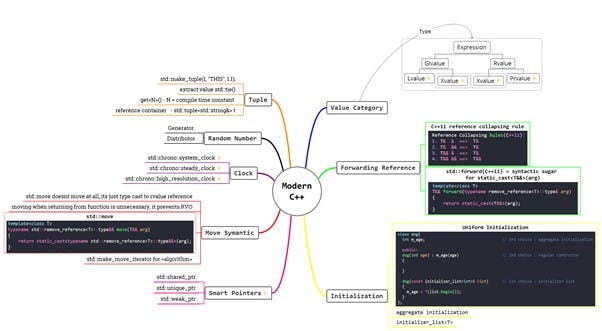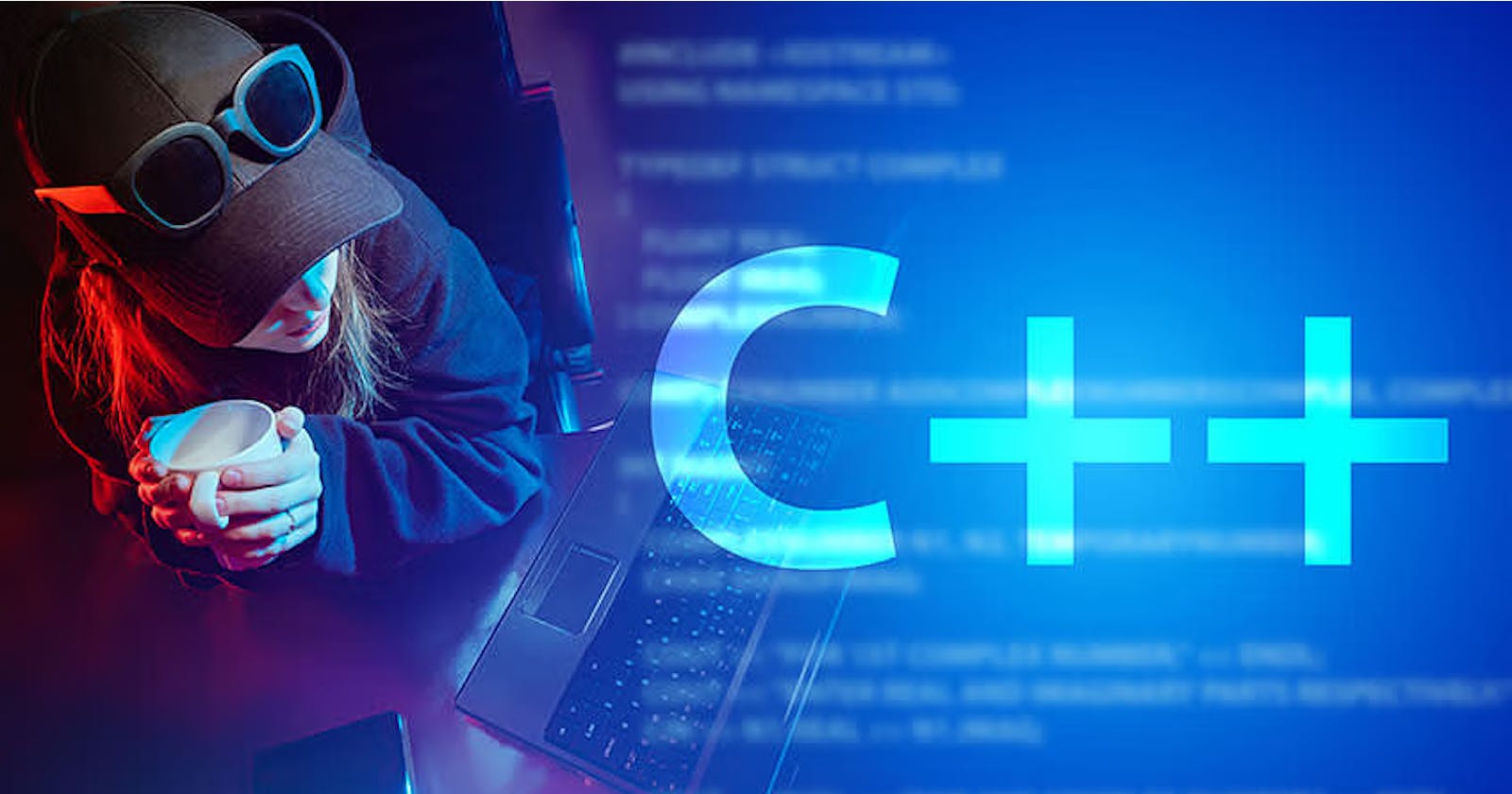Table of contents
No headings in the article.
Hello Coders!!
Even though there are several programming languages to choose from, C++ has maintained its allure since its debut and continues to have a significant impact in the development world.
Summers are coming!!!
So why not utilize this time of year in uplifting your c++ skills and try to learn it more proficiently. If you are keen to take your C++ skills to the next level and want to follow a clear plan to learn C++ in-depth then this article is a must-read for you.
How long does it take to master C++ if you are already familiar with its fundamentals and basic concepts? Have you ever pondered upon this question when you wanted to master C++ from an advanced level?
In this article, we will attempt to discuss a thorough pattern or roadmap that one should follow to master C++ and after that, list some of the best books that will help you in mastering c++.
INTRODUCTION
Once you've learned C++ and spent a few years programming in it, you'll feel like you've mastered the fundamentals and have a decent knowledge of the language. At this point, the programmer may choose between two paths:
- Either doing just firefighting and day-to-day work and never upgrading, or being driven to acquire new skills by reading books, participating in discussions, and delivering presentations.
- The other set of coders looks for some new books to grasp C++ in-depth, and after studying a few of the books, they discover how the knowledge they have of C++ is incomplete and patchy.
Here are 7 ideas that will let you leverage your summer to become more proficient and get a real push in C++. And after that, I will try to give you a couple of tips to help you achieve the goals that you choose.
Pick up a project: Developing your mini C++ project is an excellent method to explore and learn how things work. It also has the benefit of giving you complete control over the modules you employ. This allows you to gain proficiency in language features and library components.
Read some advanced books: There are a lot of books for C++ in the market, which, although a good thing, can also be confusing. Choosing the best book(s) can be infuriating because on the top they all look the same. That’s why it’s very important to choose the right books, but oftentimes it’s difficult given so many C++ books are available on the market.
Level up on the advanced data structures and algorithms: Data Structures and Algorithms are the foundation of almost every software and project we develop. DSA is used in developer interviews to measure the student's reasoning and problem-solving abilities.
Catch up on Modern C++ features: Unordered containers, threads, regex, Chrono, random number generator/distributor, and exception handling are among the numerous new features introduced to modern C++.

Deep Dive into Competitive Programming: It is a mind Sport where you are given some problem and you are required to give an optimized solution under various constraints by using your programming skills. This sport tests your Logical thinking, Analytical Thinking, Pattern Recognition, Pressure Handling, and most importantly your knowledge of Data Structures and Algorithms.
Catch up on videos: Catching up on a few good online courses will help you in making an effective learning plan which is one of the most important things that will help you stay consistent. If you are serious about becoming a better C++ developer, you should read at least a couple of books and join accompanied courses for better learning.
After you've mastered the basic level code questions, proceed on to the medium level and begin solving them. Intermediate issues will prepare you to solve more complicated challenges, and you will most likely be asked these questions in interviews. Within a few days, after you are done with your beginner's concepts, try to answer nearly 120-130 medium-level problems. You can increase the number of questions based on time and speed. It's a good idea to answer about 5-6 questions per day in 2-3 hours.
By the way, if you have no prior experience programming C++ code and if you are a newbie to learning C++, I urge that you should first take a beginner-level C++ course to grasp the foundations or basics or you can opt for some good books along with the online courses.
A handpicked collection of advanced C++ books for intermediate to expert programmers who want to learn C++ in detail
- Effective C++ by Scott Major
- Effective Modern C++
- The C++ Programming Language (4th Edition) By Bjarne Stroustrup
- C++ Concurrency In Action
- Beyond the C++ Standard Library: An Introduction to Boost
- Modern C++ Design
And after you get to the advanced level of programming in C++ go for a few reputed certifications of C++, it will help you in showcasing your skills and add value to your CV as well.
CONCLUSION
You will have difficulties when learning a few topics; however, please do not give up, have patience, and maintain consistency. Because everyone encounters them, and it's perfectly normal. Allow yourself some time and return to that subject, because this is how programming works. C++ may be more difficult to master than languages such as Python or Java; nonetheless, the language is still well worth studying and investing in; this is a good investment. Learning C++ is extremely useful whether you want to work as a game developer, design internet browsers, or work as a frameworks engineer. That concludes our discussion on how to become a fine architect of C++ and be a proficient C++ coder.
If you've ever been stuck in an infinite loop of questions in your mind like how to master C++ or any programming language? How do I get to know what to study in how much depth? Am I following the right path? Where to practice questions? How do you get placed in tech giants? And many more, then let us know in the comments we will look forward to posting another blog that will cover all of these queries !!

